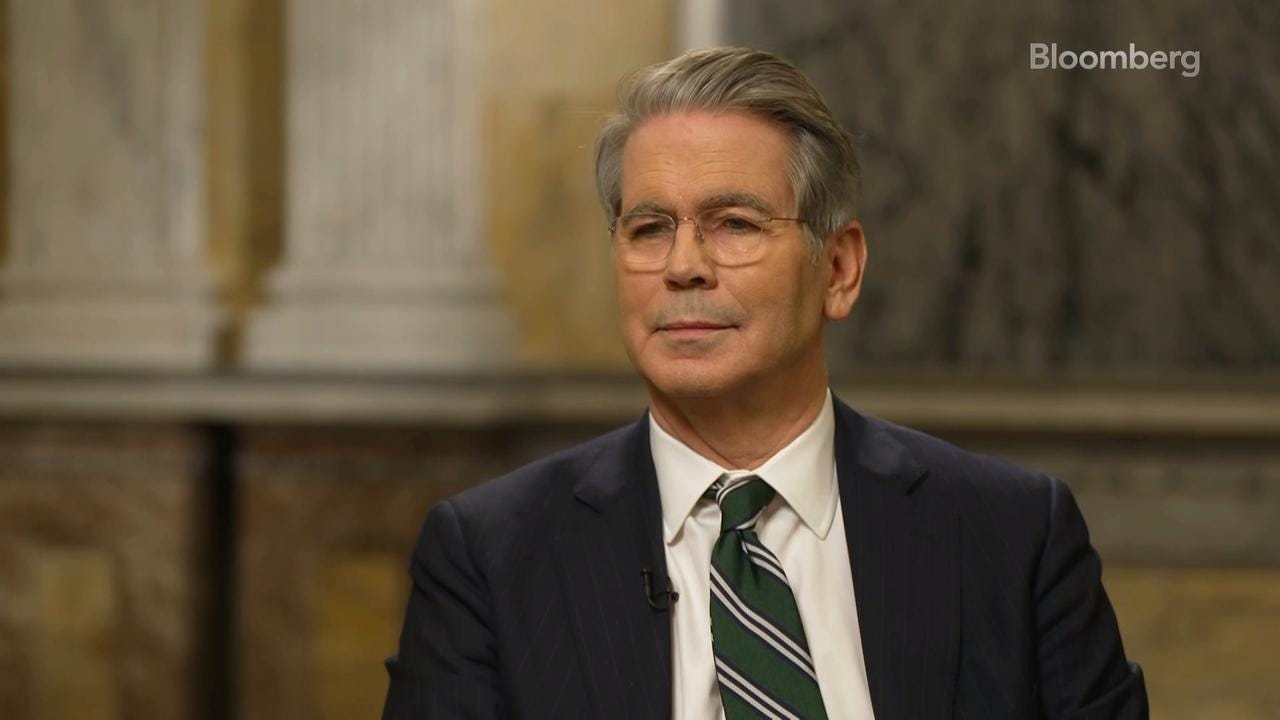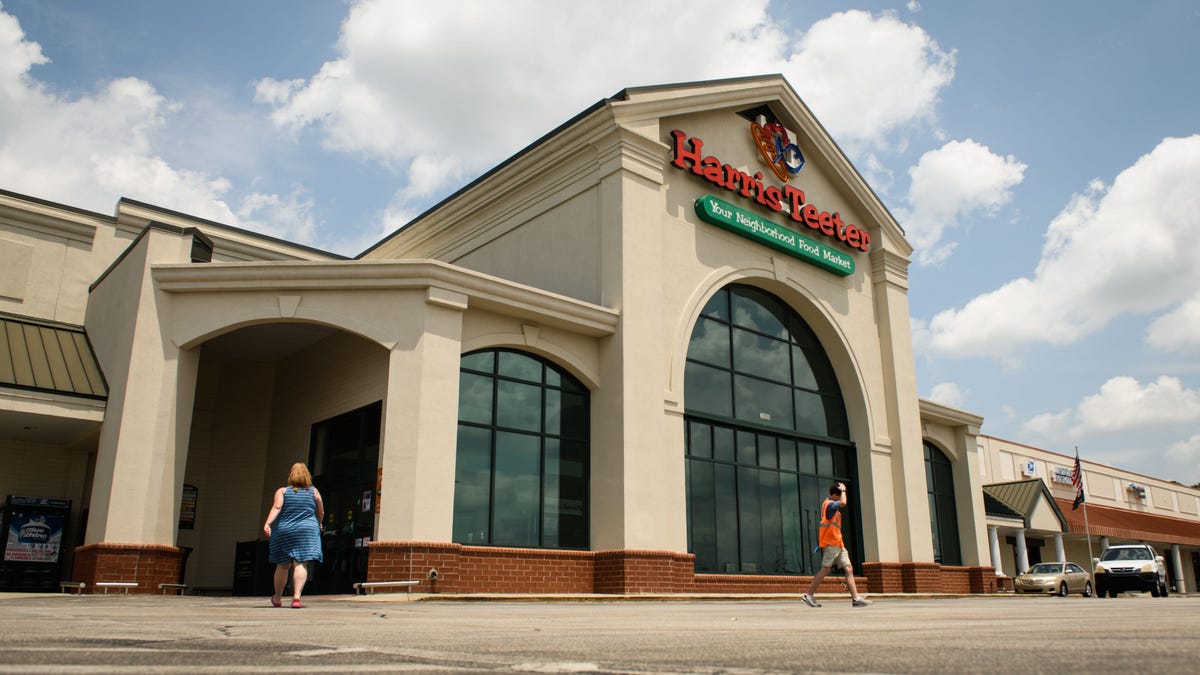
Bessent says Fannie, Freddie release depends on mortgage rates
US Treasury Secretary Scott Bessent says that any release of Fannie Mae and Freddie Mac from their current conservatorship would depend on the implications for mortgage rates.
Bloomberg
When it comes to housing finance reform, few if any topics are more important than the future of Fannie Mae and Freddie Mac. These government-sponsored enterprises, or GSEs – which underpin nearly half of all U.S. mortgage loans – have long been the silent engines driving mortgage accessibility, affordability and market stability. Now, as the current administration revisits privatizing these institutions, the conversation is no longer theoretical and the implications for buyers, sellers and homeowners are impossible to ignore.
Established by Congress, Fannie Mae (Federal National Mortgage Association) and Freddie Mac (Federal Home Loan Mortgage Corporation) were created to promote liquidity and stability in the mortgage market. They purchase home loans from lenders, bundle them into securities, and sell them to investors, providing capital that allows lenders to issue more mortgages. This framework has helped make 30-year fixed-rate mortgages a standard and has supported affordable lending for millions of Americans.
During the financial crisis, both entities were placed under federal conservatorship with the government investing almost $200 million in the form of preferred shares to provide needed liquidity. Since that time, the GSEs have generated dividends to the treasury far exceeding that amount, leading to the public/private debate. Some suggest taxpayers, having saved the entities, should continue to benefit from the GSE’s activities, while others believe the debt is more than fully repaid, thus they should become private once again. Although technically shareholder-owned, the GSEs remain tightly controlled by the government with an implicit guarantee. Shareholders, some which are hedge funds, consider their investment compromised.
Now, with recent remarks from President Trump and reports from Bloomberg, J.P. Morgan and others indicating a renewed push for privatization, the landscape is shifting again. The proposed goal suggests the administration is exploring several options to return the GSEs to the public market, potentially with an Initial Public Offering (IPO) to bridge the gap in required capital funds while they remain under conservatorship.
Supporters argue that returning Fannie Mae and Freddie Mac to private ownership could reduce the government’s footprint in the housing market and foster innovation, allowing the GSEs to develop more flexible mortgage products. The change could also reduce taxpayer risk, free up capital for other public priorities, and boost market confidence.
Critics, however, recognize that real-world implications for homebuyers are complex. Without the government’s implicit backing, investors might perceive greater risk in mortgage securities, which could lead to higher costs passed on to homebuyers. That could result in interest rates rising, placing a heavier burden on borrowers, and potentially pushing homeownership further out of reach for many. Privatization may also come with tighter lending standards, making it more difficult for those with modest incomes and limited credit histories to secure loans.
Across the country, homebuyers may face elevated interest rates and more stringent loan qualifications. Those looking to refinance could find higher rates and fewer options. Popular loan products, such as the 30-year fixed-rate mortgage, may become less common or more expensive if no longer backed by GSEs.
Recognizing these stakes, some within the housing industry are advocating for a balanced approach. Rather than full privatization or continued conservatorship, a hybrid model has been proposed – one that maintains a limited federal guarantee while granting the GSEs greater autonomy. The Mortgage Bankers Association, for example, supports preserving investor confidence and protecting market liquidity without placing the full weight of the mortgage system on the government’s shoulders.
The conversation surrounding the future of Fannie Mae and Freddie Mac is as complex as it is consequential, and the journey toward privatization, if undertaken, will be gradual. The privatization of Fannie Mae and Freddie Mac comes with risks and benefits. No matter where you stand on this issue, caution is the word.
Budge Huskey is chief executive officer of Premier Sotheby’s International Realty.








